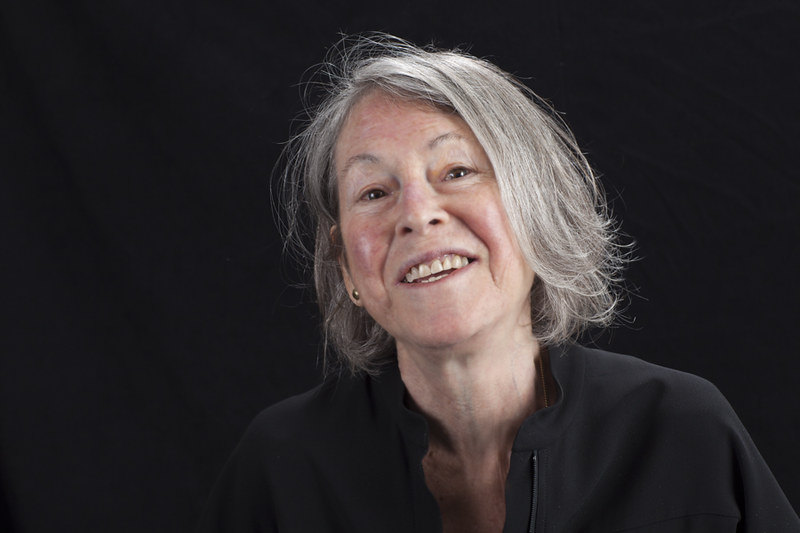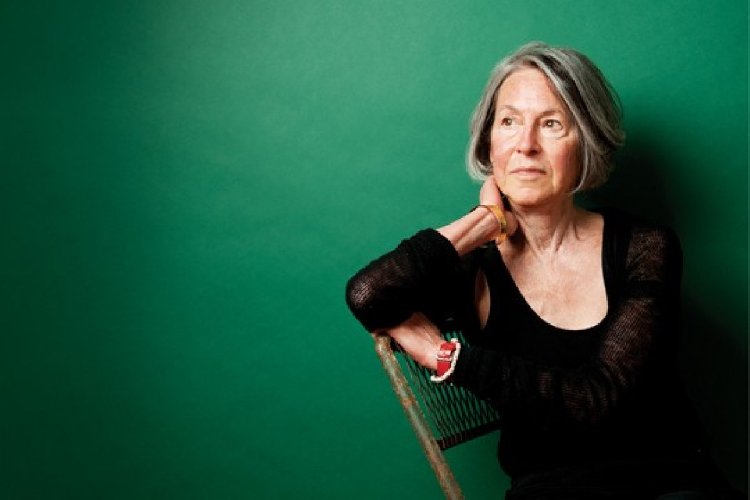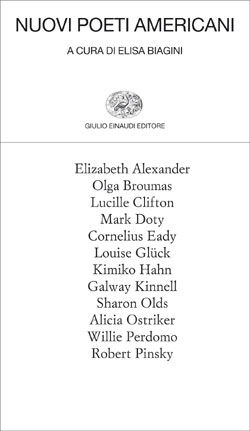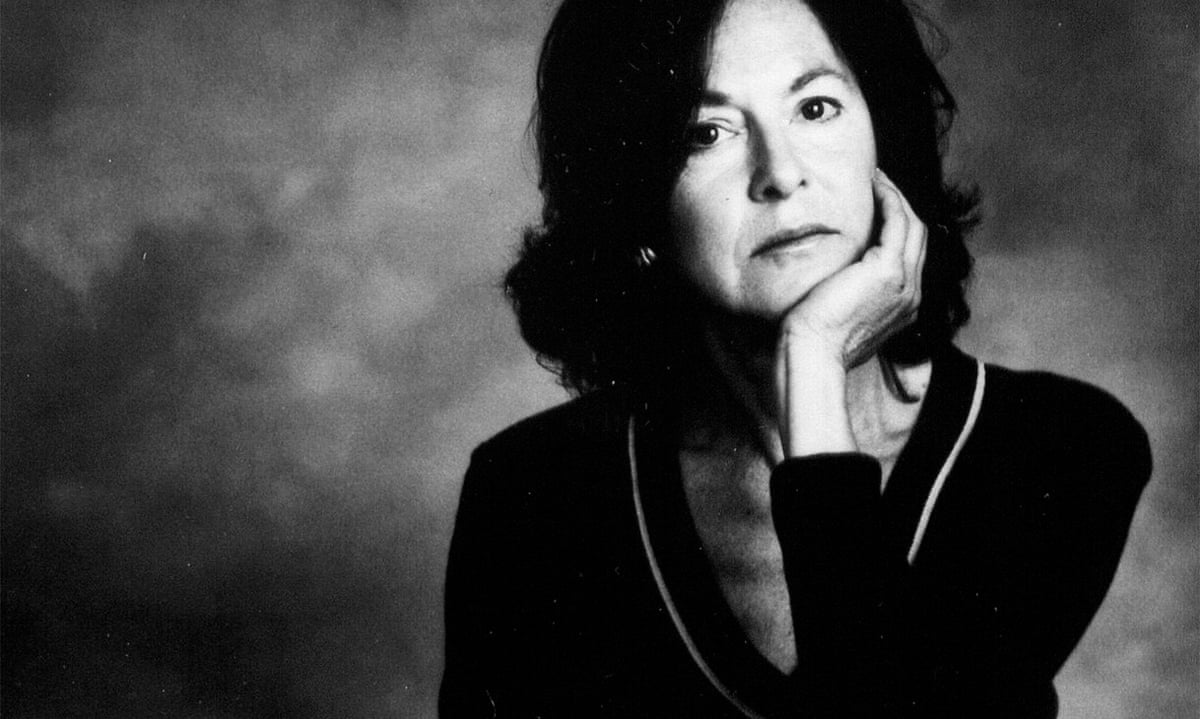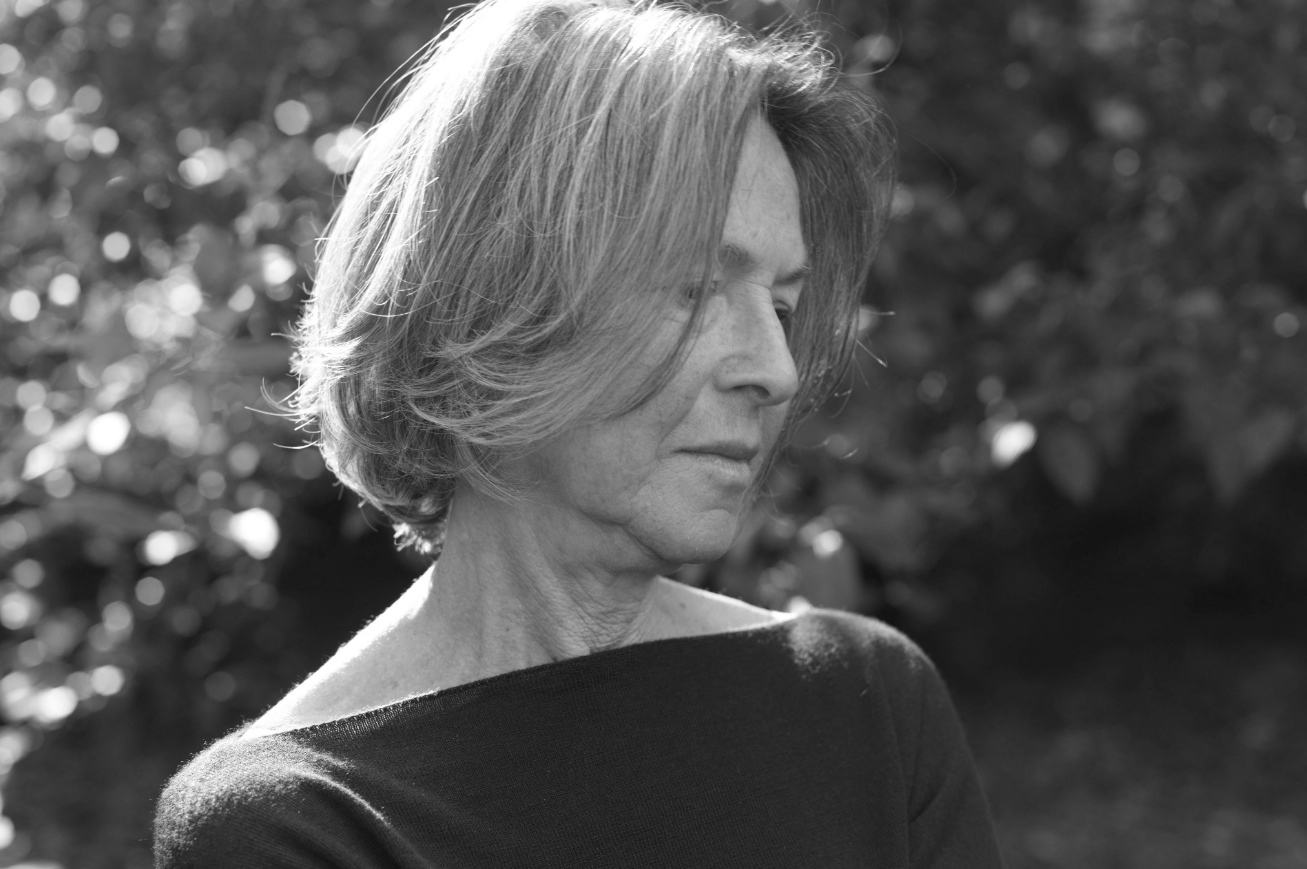
Louise Glück, © Katherine Wolkoff
Parodos
Molto tempo fa, sono stata ferita.
Imparai
a esistere, come reazione,
fuori dal contatto
con il mondo: vi dirò
cosa volevo essere —
un congegno fatto per ascoltare.
Non inerte: immobile.
Un pezzo di legno. Una pietra.
Perché dovrei stancarmi a discutere, replicare?
Quelli che respiravano negli altri letti
non erano certo in grado di seguirmi, essendo
incontrollabili
come lo sono i sogni —
Attraverso le veneziane, osservavo
la luna nel cielo notturno restringersi e gonfiarsi —
Ero nata con una vocazione:
testimoniare
i grandi misteri.
Ora che ho visto
e nascita e morte, so
che per la buia natura esse
sono prove, non
misteri —
Parodos
Long ago, I was wounded.
I learned
to exist, in reaction,
out of touch
with the world: I’ll tell you
what I meant to be —
a device that listened.
Not inert: still.
A piece of wood. A stone.
Why should I tire myself, debating, arguing?
Those people breathing in the other beds
could hardly follow, being
uncontrollable
like any dream —
Through the blinds, I watched
the moon in the night sky, shrinking and swelling —
I was born to a vocation:
to bear witness
to the great mysteries.
Now that I’ve seen both
birth and death, I know
to the dark nature these
are proofs, not
mysteries —
Una fantasia
Sai cosa ti dico? Ogni giorno
c’è chi muore. Ed è soltanto l’inizio.
Ogni giorno, alle pompe funebri, nascono nuove vedove,
nuovi orfani. Se ne stanno seduti con le mani in grembo,
tentando di decidere come sarà la loro nuova vita.
Poi vanno al cimitero, alcuni
per la prima volta. Si vergognano di piangere,
o talvolta di non piangere. Qualcuno li affianca,
dice loro cosa devono fare, il che potrebbe essere
dire alcune parole, oppure
buttare della terra nella fossa aperta.
E dopo, se ne tornano tutti a casa,
che improvvisamente è piena di visitatori.
La vedova è seduta sul divano, molto solenne,
così le persone in fila le si avvicinano,
chi le prende la mano, chi l’abbraccia.
Lei trova una parola da dire a ciascuno,
li ringrazia, li ringrazia per essere venuti.
In cuor suo vorrebbe che andassero via.
Vuole tornare al cimitero,
nella stanza dell’ammalato, all’ospedale. Sa
che non è possibile. Ma è la sua sola speranza,
il desiderio di tornare indietro nel tempo. E soltanto di poco,
non fino al matrimonio, non fino al primo bacio.
A Fantasy
I’ll tell you something: every day
people are dying. And that’s just the beginning.
Every day, in funeral homes, new widows are born,
new orphans. They sit with their hands folded,
trying to decide about this new life.
Then they’re in the cemetery, some of them
for the first time. They’re frightened of crying,
sometimes of not crying. Someone leans over,
tells them what to do next, which might mean
saying a few words, sometimes
throwing dirt in the open grave.
And after that, everyone goes back to the house,
which is suddenly full of visitors.
The widow sits on the couch, very stately,
so people line up to approach her,
sometimes take her hand, sometimes embrace her.
She finds something to say to everybody,
thanks them, thanks them for coming.
In her heart, she wants them to go away.
She wants to be back in the cemetery,
back in the sickroom, the hospital. She knows
it isn’t possible. But it’s her only hope,
the wish to move backward. And just a little,
not so far as the marriage, the first kiss.
da: Louise Glück Ararat, Traduzione di Bianca Tarozzi, Il Saggiatore, 2021
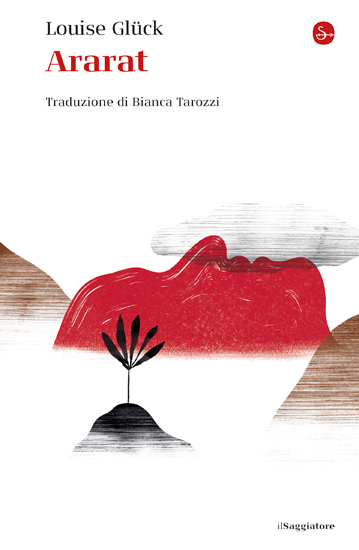
© 1990, Louise Glück
All rights reserved
© il Saggiatore S.r.l., Milano 2021
Titolo originale: Ararat
________
Premio Nobel per la Letteratura 2020
«Per la sua inconfondibile voce poetica che con austera bellezza rende universale l’esistenza individuale.»
Continua a leggere→
